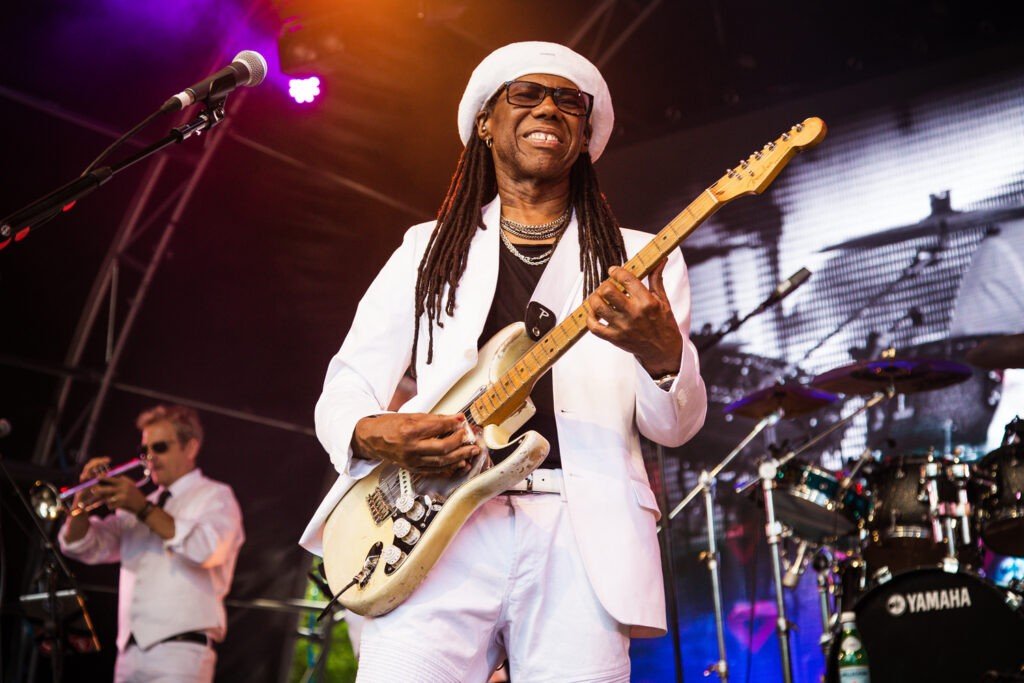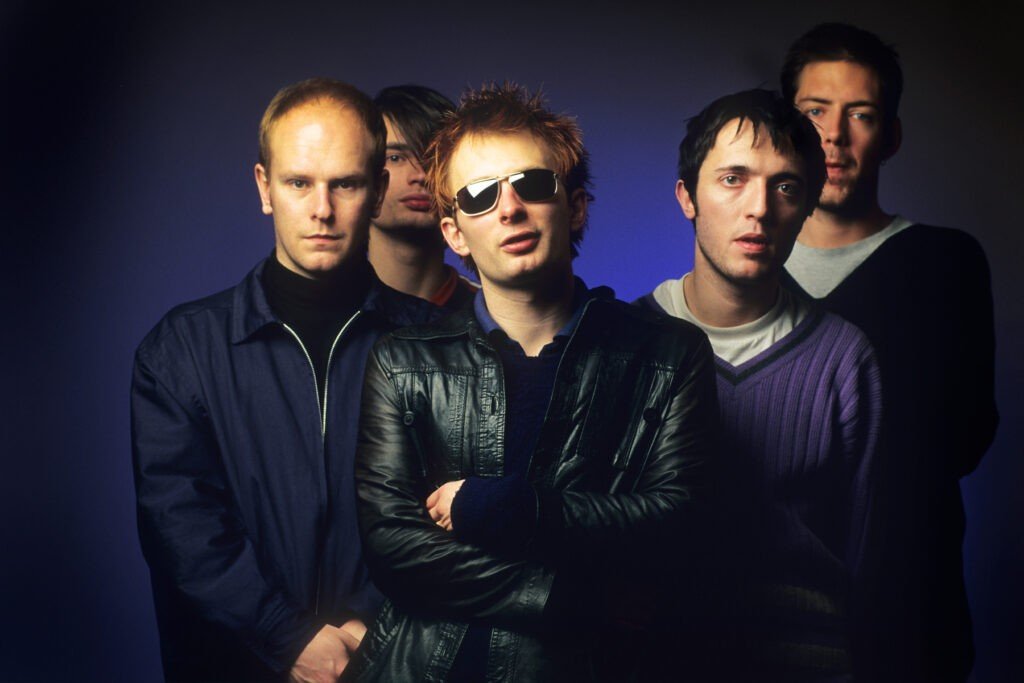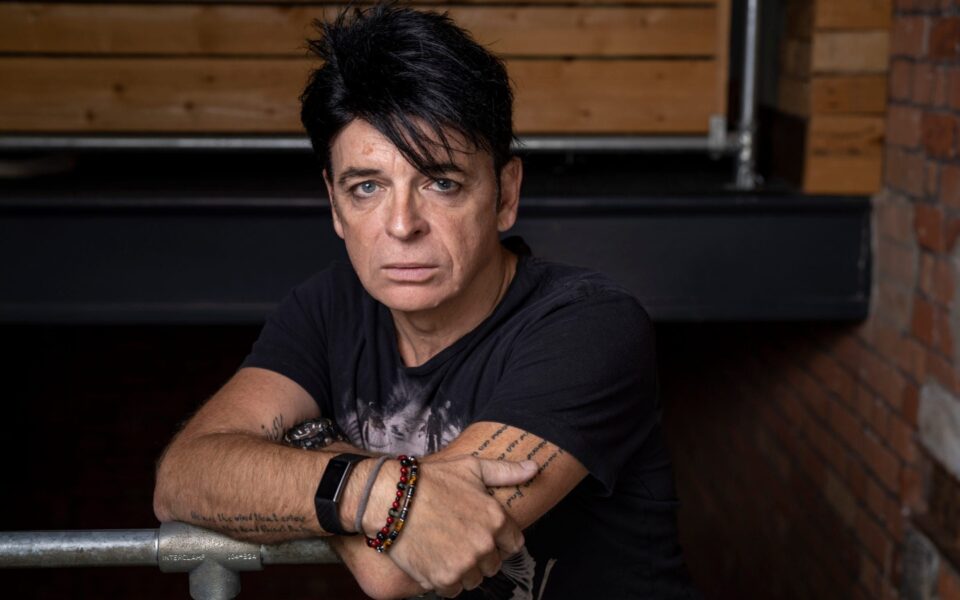Gary Numan has told Sky News he received just £37 for a hit that had been streamed more than a million times, as an inquiry into the economics of digital music services continues.
The British singer-songwriter, best known for hits including Are ‘Friends’ Electric?, Cars and We Are Glass in the 1970s and 80s, has sold millions of records over the years and is set to release his 18th solo studio album, Intruder, in May.
With artist revenue from touring obliterated by the COVID-19 pandemic, platforms such as Spotify, Apple Music, Amazon Music and Google Play have come under increased scrutiny in the past 12 months and are currently being looked into by a department of culture, media, and sport committee (DCMS) inquiry.
On Wednesday, executives from the UK’s “big three” major labels – Sony Music, Warner Music and Universal Music – as well as representatives from licensing bodies, appeared before MPs for the third session of the hearing, which has already seen artists such as Elbow frontman Guy Garvey, Radiohead guitarist Ed O’Brien, Chic’s Nile Rodgers and singer-songwriter Nadine Shah give evidence.

The label heads told MPs their cut from streaming was a fair reward for the risks involved in developing artists, recording, marketing and distribution.Advertisement
Numan is not appearing at the inquiry, but gave his thoughts on the revenue from streaming in an interview with Sky News – putting the figures into context.
“The solution’s simple,” he said. “The streaming companies should pay more money. They’re getting it for nothing.
“I had a statement a while back and one of my songs had had over a million plays, million streams, and it was £37. I got £37 from a million streams.”
Giving another example, Numan continued: “I printed out, I think it was about a year ago, a statement – my streaming statement came in and I didn’t look at it, I just put it to print, and I looked over about half an hour later, it was still printing.
“It was hundreds and hundreds of pages. And the end of it was, like, £112. It was barely worth the [paper] it was printed on, and it took nearly half an hour to print. You know, it’s so much stuff, so much streaming, and there’s absolutely nothing in it.”

Streaming currently accounts for more than half of the global music industry’s revenue and brings more than £1 billion to the UK in revenue, with 114 billion music streams in the last year.
But according to the Broken Record campaign, artists receive around 16% of the total income from streams, while record companies get around 41% and streaming services around 29%.
Numan said that very big artists can do well from streaming, but smaller artists struggle.
“If you’re really at the top, then you can earn pretty well from streaming,” he said. “If you’re not, you might as well forget it, it isn’t even worth printing it out, printing out the statement.”
The star’s words were echoed during the latest DCMS session by Peter Leathem, chief executive of music copyright collective Phonographic Performance Ltd, who said: “If you look at 2019, the best-selling albums were Queen, Bohemian Rhapsody, based on the film, and Abbey Road by the Beatles, its 50-year anniversary.
“If you are trying to break a new artist or trying to get your own streaming going you have got the last 50 years of the music industry to compete with.”
But Tony Harlow, chief executive of Warner Music UK, cautioned against disrupting the system.
“This is an evolving situation,” he said. “It is being well-governed by a market that is efficient and nimble and it doesn’t need any change.
“Any disruptions could diminish UK competitiveness at a time when I feel the UK needs to be the home of recorded music, just as it is by providing one in 10 streams around the world, by being the number two export business.”
During the session, it was suggested that major labels were operating like an “oligopoly” – to which Jason Iley, chairman and chief executive of Sony Music UK and Ireland, replied: “The independent sector is a brilliant sector and signs some of the best acts.
“There is more opportunity for artists to either sign to a major label or sign to an independent label or distribute their own records. There are more avenues today than I have ever seen in my time doing this job.”
sky news




